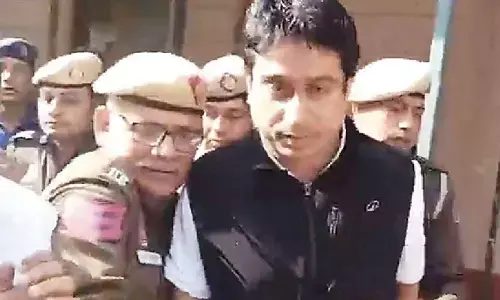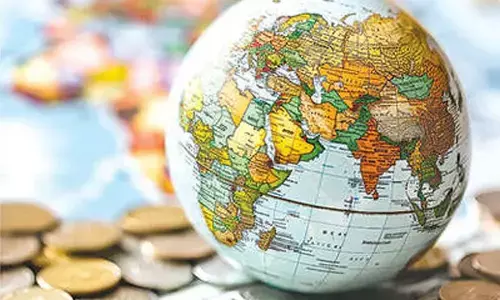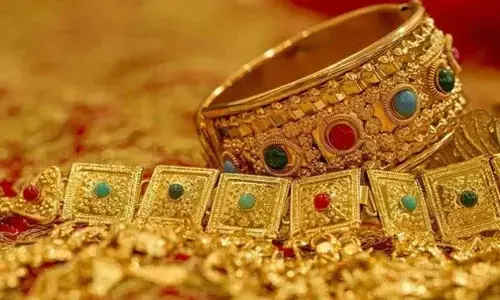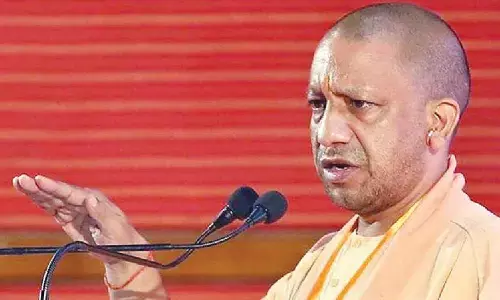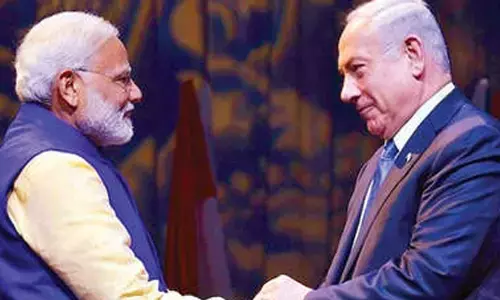Western media's anti-India bias
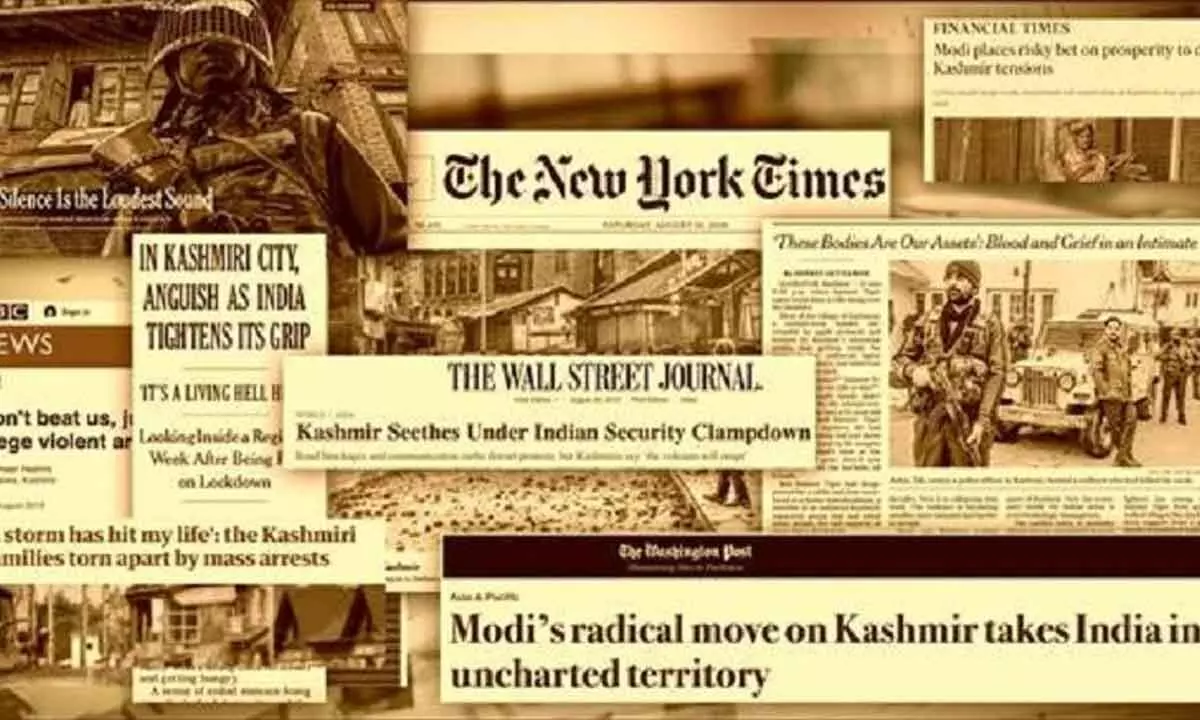
Australian professor Salvatore Babones has slammed the western media for grossly misrepresenting the astounding success of Indian democracy.
Australian professor Salvatore Babones has slammed the western media for grossly misrepresenting the astounding success of Indian democracy. "I would like to be the bhakt (disciple) for the world's most successful democracy," Babones said at a Delhi event on Wednesday.
Associate Professor at the University of Sydney, Babones is touring India for the past one week sharing his views about Indian intellectuals and democracy. Babones, who has suddenly risen to prominence because of his pro-India observations, said that he has been carefully researching India for the last three years while being in Australia.
Wading into an acerbic international debate, where the Western media has categorised India as a 'fascist nation', and international surveys have criticised India for a 'falling democracy', Babones said that he finds Indian democracy unique.
Comparing India with other democratic countries globally, Babones said that democracy in eastern European countries is buttressed by European Union (EU) rules. South Korea and Taiwanese democracies are just about 30 years old. Therefore, "you have to look at the world's best democracies to compare India's 70-year-old democracy. India is the only post-colonial country to have retained its democracy all these years." In an event organised by the Syama Prasad Mookerjee Research Foundation (SPMRF), Babones said: "I am not here to defend Indian democracy. That is to be done by the Indians themselves. I am here to expose those who criticise Indian democracy".
He added that India is an "extreme outlier" in the democracy sweepstakes. "It is the world's most extraordinarily successful democracy. Yet it has been placed just two levels above post-coup Myanmar," he observed, adding that India is in a tough neighbourhood and yet it has maintained its democratic tradition. He stressed that India has seen peaceful elections and transfer of power.
Talking about journalism and India's ranking in the world, the Australian professor said that once again India has been placed close to China over the number of deaths of journalists. Trying to explain these contradictions, he said that people "are cherry-picking data and sharing it selectively. Many journalists function more as activists and end up mis-representing information about India."
Former CEO of Prasar Bharati Corporation, Shashi Shekhar Vempati said that even the global media is pushing geo-politically sponsored narratives. He said that it is possible because of India's hostile neighbours, a lot of the information that is against India could be State-sponsored.
Vempati said that a large body of scholarly research has to be conducted to counter the false narratives on India. Former ambassador to the US, Kanwal Sibal said that as part of the foreign service, he has always been fighting negative perceptions about India.
He said that after the book The City of Joy was published, the European countries retained an enduring image about poverty in India. Another perception in comparison to China was that India never generated enough intellectual capacity.
Sibal added that after the poverty perception, the foreign service had to defend India over its non-aligned status, followed by the nuclear issue, proximity to the USSR and now the country has to defend itself over "strategic autonomy". Talking about his time in Washington as India's ambassador in the nineties, Sibal said: "The West's obsession with Pakistan brought onslaughts on India regarding Kashmir and human rights. NGO Human Rights Watch (HRW) was against us. HRW Asia had direct proximity in the US State Department."
Replying to a question, Sibal said that a lot of damage has been done to India's and the BJP's image by our own people and the Western media. "This 'business of fascism' has taken root among people in the Western nations which is unfortunate."
He pointed out that Prime Minister Narendra Modi has excellent relations with world leaders like Vladimir Putin of Russia and Emmanuel Macron of France. Sibal said that the leaders of the Nordic countries meet Modi and similarly the leaders of the Central Asian Republic (CAR) also have good relations with Modi. "There is a lot of respect for Modi among many countries and leaders," Sibal said.
Babones, who has been equally cherished and criticised by the Indian media for his contrarian views that run parallel to the discourse on India said that what India has contributed to democracy is unfathomable because of its diversity. Replying to questions, Babones said despite India's democracy and China's authoritarianism, China's burnished image is entirely because of money. He added that the US media, and also Hollywood, have made a lot of money from China, which might be reducing now.
Director SPMRF, Anirban Ganguly said that unfair criticism of India by Indian intellectuals has led the foreign media to accept the wrong narrative about India.


